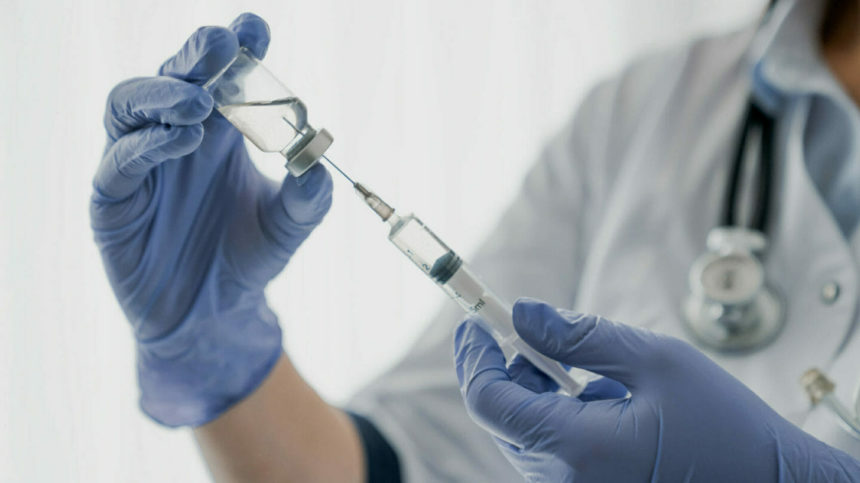
The monoclonal antibody Evusheld holds promise as a COVID-19 preventive therapy in high-risk patients, but fully 80% of the drug’s supply is languishing on shelves while physicians remain uninformed or uncertain about the drug and its guidance, a new report finds.
The Food and Drug Administration authorized Evusheld in early December for use in immunocompromised adults and children who may not be able to fight off COVID-19, and cannot mount an adequate immune response to COVID-19 vaccines. It has distinctive patient-friendly attributes: It is administered in two injections, unlike other monoclonal antibodies which may require long infusions or multiple doses, and its protection may last a full six months.
But physicians are confused about the drug, and patients are struggling to track down clinicians or hospital systems that offer the therapy, according to The New York Times.
The reasons for this slow adoption are varied, the Times authors wrote: Patients and doctors do not know the drug exists or don’t know how to use it, prioritization guidance is lacking and supplies are being reserved for high-risk patients such as transplant recipients and cancer patients in some healthcare settings. In some areas, doses are doled out via lottery or on a first-come, first-served basis. In addition, the FDA recently increased the recommended dose due to possible lowered efficacy against new omicron sub-variants.
What’s more, states have ordered a relatively small number of doses — 370,000 — despite supplies of nearly 650,000 doses ready for distribution from the federal government last week, the news outlet reported.
The Biden administration appears to be attempting to raise awareness by reaching out to states, providers and patients. The Times noted a recent call between officials and advocates for those with disabilities.
“I feel really strongly that this medication has great potential to help the immune-suppressed who don’t always respond to vaccinations,” said Rachel Levine, M.D., the assistant secretary for health in the Department of Health and Human Services, on the call. But she said that she did not anticipate that the CDC’s guidance on antibody tests would change, the Times wrote.




